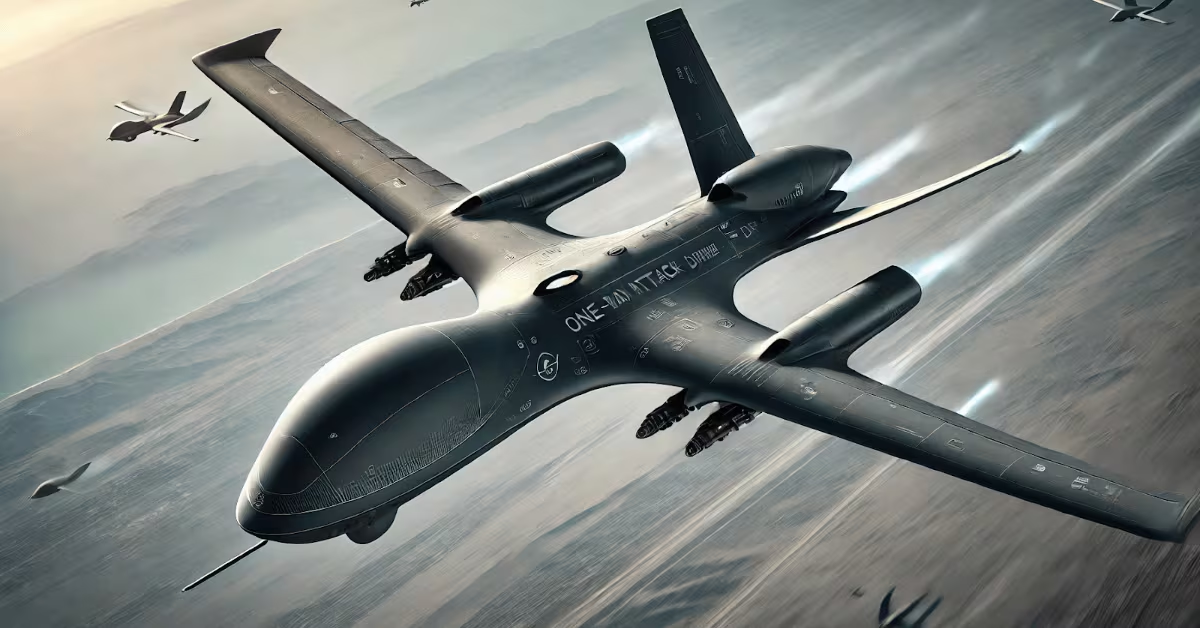WASHINGTON — While American officials will almost always begin their public remarks boasting that US forces are the best led, best equipped, most highly trained fighting force the world has ever known, a hint of doubt — or at least healthy concern — has crept into their comments in recent years.
"Many of our adversaries have acquired, developed and even stolen technologies that have put them on somewhat equal footing with the West in a range of areas," Michael Dumont, said the Pentagon's principal deputy assistant secretary of defense for special operations, said Tuesday. Michael Dumont on Jan. 27.
Digital Show Daily: Complete coverage of SO/LIC 2015
Speaking at the National Defense Industrial Association SO/LIC conference here, in Washington, Dumont called to mind the Chinese military's hacking of Lockheed Martin's networks several years ago, which gave the Beijing government a treasure trove of classified information on the F-35 fighter.
The US government and the defense industry needs to work together to "get out ahead of" cybersecurity issues and the proliferation of high-end technologies to states and non-state actors around the globe, he said.
A big part of this effort is the planned revamp of the development and acquisition process, currently being pushed by Deputy Defense Secretary of defense Bob Work.
Work has kicked off a "third offset" strategy in conjunction with "better buying power 3.0," a plan by the Pentagon's chief weapons buyer, Frank Kendall, which 's "better buying power 3,0" plan that pushes for more commercial and dual-use technologies in DoD weapons competitions.
The Pentagon needs to look deeply at future potential threats from state actors and terror groups and begin to "make investments that take us beyond the reach of our headlights" Dumont said. adding that "Recognizing this future direction requires understanding the current reality: Tthe US government no longer has the leading edge developing its own leading-edge capabilities, particularly in information technology."
As Pentagon officials have been saying for the past year, the commercial sector has been running laps around the defense industry in a few key areas like communications and computing. Part of the problem is that the Pentagon's acquisition process is slow, and discourages small tech startups from throwing their technologies in the ring.
But for the US to retain its dominance, everyone needs to have a seat at the table, he said. "Our government needs industry to win the fight."
But while new technologies and new ways of doing business are more important than ever, before, senior special operations leadership have prepared themselves for a flat budget in 2016.
"The department has told us to expect flat budgets" in 2016 and beyond, US Air Force Lt. Gen. Thomas Trask, vice commander of Special Operations Command, (SOCOM),USAF Lt. Gen. Thomas Trask told the conference earlier in the day.
And as Maj. Gen Joseph Osterman, commander of the Marine Special Operations Command, told the industry crowd that he is looking for technologies that can "simplify the complex" and "intel systems that are interoperable" with those that are being used by allies for better — and faster — coordination against terrorist groups and regional threats.
He added that while the DoD is struggling to incorporate commercial technologies, smart adversaries are already doing so.
"Off-the-shelf stuff can rapidly accelerate in front of us if we're not careful," he warned.
Email: pmcleary@defensenews.com.
Twitter: @paulmcleary








